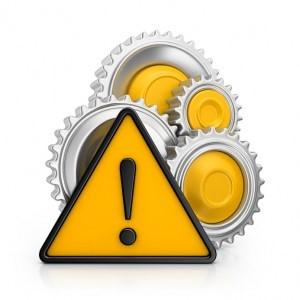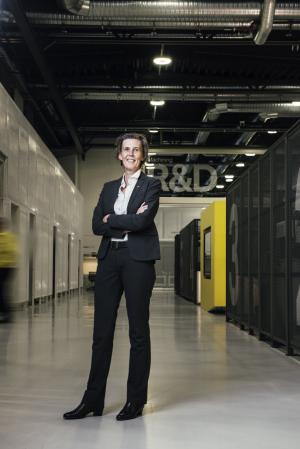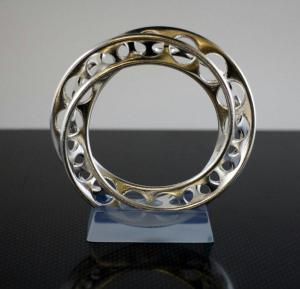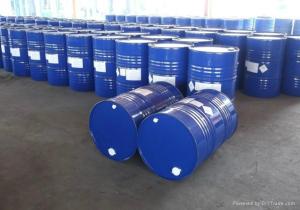Blogs for 11/2018
At the facility where I spent the bulk of my machining career, we had two components to the operation: the surface refinery where I worked and the underground portion where the ore was mined before being sent up to the refinery. The mine was 1,570 feet deep, so it wasn’t just a simple jaunt when folks were in a bind. In addition, there were restrictions on who entered the mine, and the hazard training required for both the underground (MSHA) portion and the methane presence in the mine atmosphere. This mine generated about 2½ million cubic feet of methane on a daily basis.
After being at AB Sandvik Coromant, Sandviken, Sweden, for 17 years, Nadine Crauwels was appointed global president of the cutting tool manufacturer in May 2017. She has had roles in sales, product management, product introduction, custom tools and strategic relations.
Depending on whom you ask, you’ll receive wildly different unravelings of the acronym DFAM. To music aficionados, DFAM might mean “drummer from another mother,” clever branding from Moog Music Inc. to describe its newest line of percussion synthesizers. I wish I’d thought of that phrase. DFAM could mean the Darlington Farmers Auction Mart but probably only to those who live near there in England and are interested in buying a cow, goat or sheep. At The Walt Disney Co., DFAM refers to the extended family of employees who share the stress of working at the Magic Kingdom—as in, “I’m going to chill this weekend with my DFAM before the big Labor Day rush.” Then there’s the DFAM that manufacturers care about—or rather the additive manufacturers. That’s because DFAM is short for “design for additive manufacturing,” an acronym every bit as relevant to machinists as it is to people in 3D printing.
Continuous learning, continuous improvement, continuous generation of ideas—they’re all important things. I would like to think they’re especially important to manufacturers but am struggling to come up with a specific reason. Every business, from floral arrangers to drywallers, must continually adapt and evolve or face eventual corporate death. Perhaps the reason continuous learning and improvement are so relevant to manufacturing, which in this context means machining, is that our industry is one of the fastest changing in terms of technology.
I recently read an article discussing how the Environmental Protection Agency will now allow asbestos-containing products to be manufactured and sold in the United States on “a case-by-case” basis, apparently reversing parts of the organization’s 1963 Clean Air Act and the 1989 Asbestos Ban and Phase-Out Rule. While that’s good news for the mesothelioma attorneys you see every night on TV, it’s bad news for American workers, a number of whom will soon be tasked with mining and processing the dangerous material once known as “the magic mineral” for its heat, electrical and chemical resistance.





